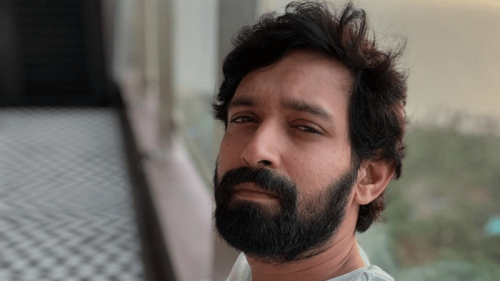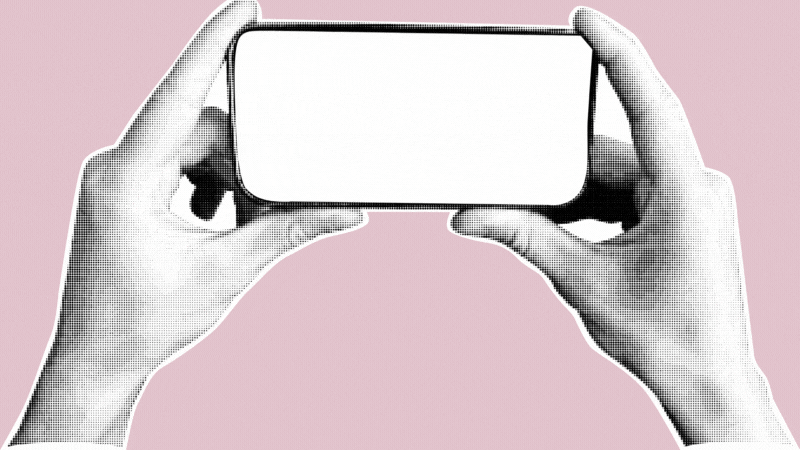LOVE is never easy and to Zhao Kunming it came harder than most. Three times, the military officer asked for permission to marry. Three times the answer came No. “My work was very secret — researching missiles and rockets — so everyone introduced to me had to be seriously checked,” the 73-year-old explains.
“If they were involved with landlords or bureaucrats from the old days, it was not allowed. There were a few people I had nice relationships with, but the communist party stopped us.”
Finally, his superiors let him wed a young soldier, Xie Yuqin. Four decades on, they are “very satisfied” with their marriage and still staunch party members. In retirement, they have found another way to serve the people — setting up a free matchmaking service.
You might assume Zhao envies members of the younger generation, able as they are to pick and choose. But the 8,000 singletons on his files — from factory workers to company bosses — can attest that personal emancipation does not guarantee happiness.
China's breathtaking pace of social change across six decades has left many bewildered as well as liberated, with an ever-expanding range of options but few safety nets. The advance of capitalism has brought soaring inequality and dismantled the country's common sense of purpose.
Relationships between parents and children, husbands and wives, friends and neighbours, and families and the wider community, have changed. This transformation raises questions about people's values, their understanding of love and duty. But it also creates immense practical challenges for individuals, households and — multiplied hundreds of millions of times — the state. Who, for instance, will pay for and care for elderly people?
Until 2003, your work unit had to approve your marriage — or divorce. At one stage, it might even have helped you find a partner. As late as the 1990s, your job was assigned, not chosen. A little further back and your friendships could be judged unsuitable, while your choice of clothing or music or reading matter was minimal.
Changing habits eroded the rules and led to their repeal. But as China embraces personal freedoms, it sees the same problems as the West, from the isolation of urban residents to increasing mental illness.
“Freedom and choice come hand in hand with responsibility and risk,” said Yunxiang Yan, author of the forthcoming book The Individualisation of Chinese Society. “Individuals have to take more responsibilities and work harder for personal interests with much less protection and support from the collective.”
There are new pressures, too. Migration from the countryside to urban factories has rendered family life unrecognisable. Spouses can live thousands of miles apart, but the strain is not just on conjugal ties. In villages, grandparents are bringing up infants who may see their parents once a year at best. Old people can no longer rely on their children for financial support.
Communities are weakening. Shame and stigma are on the wane, but so are sympathy and support. China is witnessing rising rates of mental illness, which has overtaken heart disease and cancer as the biggest burden on the Chinese health system, according to the World Health Organisation.
“In the past, when people had more chances to communicate with their neighbours and friends, gossiping and complaining in their social network was a good way to release pressure,” said Lei Wang, professor of psychology at Peking University. “Nowadays people value more privacy and live in separate apartments where they seldom get opportunities to chat with neighbours and share their troubles.”
In fact, the last 60 years have seen not one shift but two, says Yan, the sociologist, who grew up in the Chinese countryside and now teaches at the University of California, Los Angeles.
First, the advent of communism liberated people from the country's Confucian legacy. “To build a socialist new society, the Chinese party-state actually made great efforts to liberate the individual from the previously all-encompassing social groups, such as the patriarchal family, kinship groups, and local community,” said Yan.
Peasant households were replaced by rural collectives; urban ones by work units. Political campaigns and education programmes were used to reform traditional value systems. Then, with the economic reforms of the late 1970s, the state began to retreat from private lives and market values gained ground.
All societies evolve, of course. What marks China out is the scale and speed of mutation in what remains a poor country. Last month, the US-based Centre for Strategic and International Studies warned that by 2050, China would have just 1.6 working-age adults to support every person aged 60 and above — compared with 7.7 in 1975.
The one-child policy is a major cause, but development often produces sharp falls in fertility. China's real problem is that it is caught between the security of traditional family relationships and a modern welfare system.
And as Chinese society changes, the desire for shared experiences increases. Religion is on the rise; Christianity alone can boast at least 70 million adherents. Confucianism is making a comeback.
— The Guardian, London











































Dear visitor, the comments section is undergoing an overhaul and will return soon.